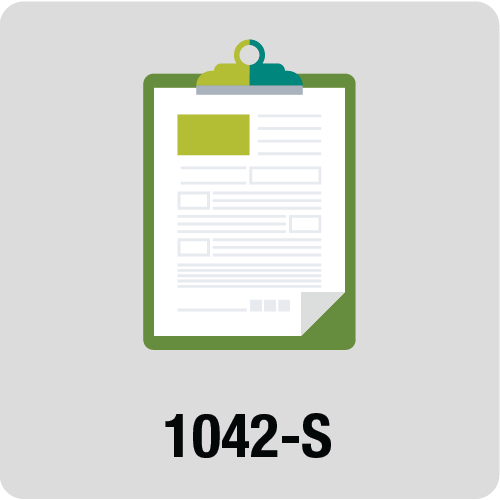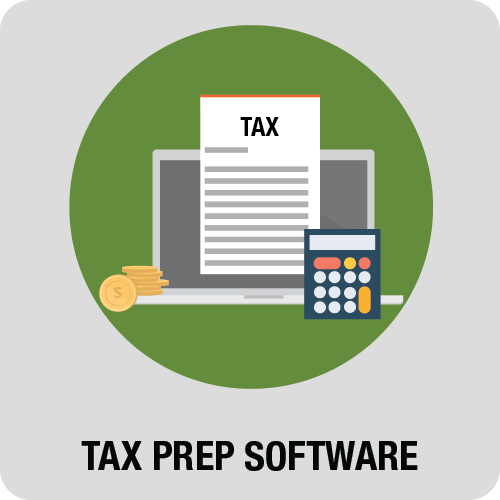The information on this page is relevant to nonresident aliens. Resident aliens should visit our information page for resident aliens.
One crucial step in understanding U.S. tax obligations is understanding which forms you will need and the deadlines to submit documents and file your taxes.
This page provides a high-level overview of the documents you’ll want to maintain, the forms you’ll need to file with the IRS and the deadlines for taking action. For more detailed information, see our International Tax Guide for Nonresident Aliens. If you’re unsure of your tax residency status, visit the Nonresident Alien Basics and the Resident Alien Basics pages to learn more.
Timeline for receiving and filing your documents
| January | Receive W-2 |
| February | Receive 1042-S (if applicable) |
| Make sure you have received Forms W-2 and 1042-S (if you're expecting one) by March 1. | |
| April | File federal and state income tax return forms (i.e. 1040-NR, DR 0104) by April 15. |
| July | Contact the International Tax Office by mid-July if you suspect you may have had a change in your tax residency status. |
| December | In early December the International Tax Office will send applicable tax treaty renewal forms to those who have claimed a tax treaty benefit in the past and who will continue to be eligible to benefit from a tax treaty in the coming year. |
Tax forms you’ll receive from CU
There are two important income reporting documents you may receive from CU — Form W-2 and/or Form 1042-S.
Taxable wages are reported on Form W-2.
Most commonly, treaty-exempt wages and taxable and treaty-exempt nonqualified scholarship are reported on Form 1042-S.
Form W-2 is sent in late January, and Form 1042-S is sent in February.
They W-2 reports all wages paid by the university along with the type and amount of taxes already deducted from those wages. To learn more about the W-2, including an interactive graphic that explains each field on the form, visit the W-2 info page.
Form 1042-S reports treaty-exempt compensation, as well as taxable and treaty-exempt nonqualified scholarships, stipend or fellowship income. If you receive more than one of these types of income, you may receive multiple 1042-S forms for a given tax year.
Tax forms you’ll need to submit
Nonresident aliens with U.S.-sourced income are required to file income tax returns with both the federal taxing authority and the state taxing authority for each state in which income was earned, unless it is a state with no income tax. Taxing agencies by state can be found here.
Form 8233
Employees who are eligible to receive an up-front tax treaty benefit must submit Form 8233 — Exemption from Withholding on Compensation for Independent and Certain Dependent Personal Services of a Nonresident Alien Individual — to the International Tax Office.
Completing this form allows eligible, nonresident international employees to reduce their federal and state income tax withholdings, where allowable, under the tax treaty agreement between the U.S. and the employee's country of tax residency. To establish treaty eligibility and complete Form 8233 employees must meet with a CU international tax specialist.
Form 1040-NR
IRS Form 1040-NR, U.S. Nonresident Alien Income Tax Return, is the U.S. income tax return form designated for nonresident aliens to file and must be filed annually with the Internal Revenue Service to report U.S. sourced income.
Do not use Form 1040 to file for a year when you are considered a nonresident for U.S. tax purposes. Use of the incorrect tax form will result in your requirement to submit an amended tax return.
Form DR 0104
Colorado Form DR 0104 is the standard income tax return form for the State of Colorado and must be filed annually.
If you earned income in a state other than Colorado, view taxing agencies by state here.
Form 8843
IRS Form 8843, Statement for Exempt Individuals and Individuals with a Medical Condition, must be filed annually by nonresident F or J visa holders.
To declare your U.S. presence as a nonresident alien, you must file from 8843 even if you received no income from U.S. sources during the year.
Tax Prep Software and Filing Resources
To assist with U.S. tax filing obligations, nonresident alien students and employees who are sponsored by CU can use Sprintax software. This online tool can help you navigate the U.S. tax system and meet all requirements for an accurate federal tax return.







